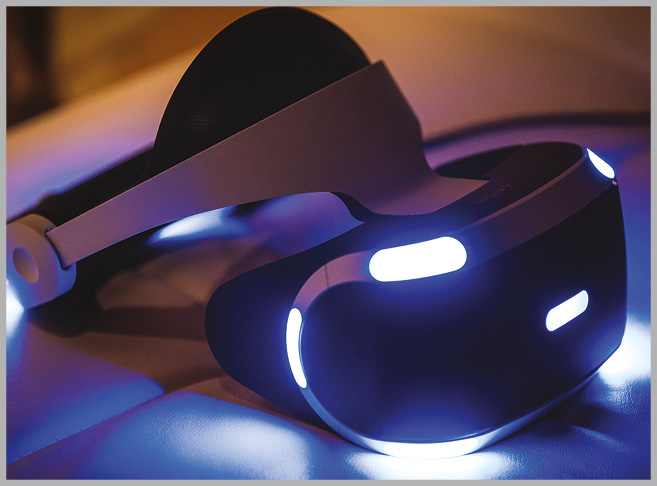Emerging technology aids disabled learning


People with learning disabilities who struggle with the uncertainty of carrying out various activities or being in a certain environment could be aided by a new virtual reality initiative.
Boarding a bus, buying a coffee or being in a workplace environment are just some of the activities that people struggling with anxiety or fear will be able to practice from the security of their own home if a new virtual reality initiative by the charity Mencap is successful.
The charity have tasked C60 Architects to develop virtual reality (VR) tools that replicate real, or create imaginary, scenarios that will stimulate the user’s physical presence in this environment, allowing the individual to experience the scenario in the build up to taking part in the real thing.
Initially, the project has been designed to cover five scenes of basic day-to-day activities but it is hoped that a further library of scenarios will be developed and stored.
The aim of the project is to support individuals with learning difficulties who become anxious in such scenarios by allowing them to virtually carry out the interaction numerous times and reduce their level of uncertainty.
The project will also incorporate video footage, giving the service user an idea of the work involved in various jobs and allowing them to make informed decisions in advance of exploring work experience placements.
Barry McMenamin, Regional Operations Manager with Mencap says: “The use of VR technology has the potential to become a key to unlocking someone’s inherent uncertainty with change, by making it routine before they even step outside. The same principle can be used to help someone anxious about moving to new location by creating the opportunity to explore through a virtual reality interface.”
As well as reducing anxiety and fear around an unfamiliar experience, the project also incorporates the added benefits of increased technology knowhow, specific bespoke scenarios for individual clients and unlimited scope for library development.
The project is an evolution of similar requests by service providers to C60 Architects, designing space in the virtual world rather than their usual role in the real world. C60 Director Roger Perrott admits that VR has now become a crucial element to all the companies architectural design, allowing the client to visualise and experience the space prior to construction.
McMenamin adds: “When we saw first-hand how the design process with C60 Architects allowed us to experience a space or environment, we realised that there was huge potential to use the technology in other aspects of our work. The project collaboration is an exciting evolution which uses skills and expertise from the construction sector to help address challenges faced by the people we care for.”





